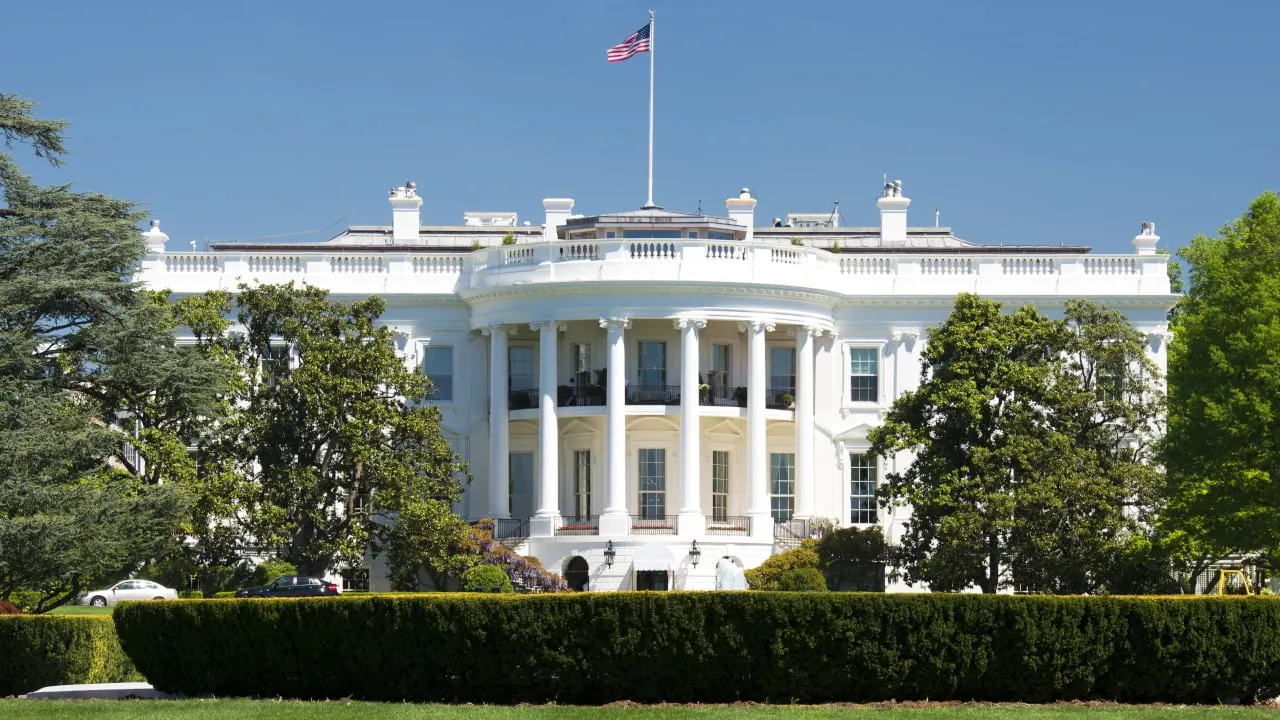In brief
- A crypto roundtable hosted by Congressman Ro Khanna on Wednesday left some attendees hopeful that Democrats and the Biden Administration want to better understand the industry’s frustrations.
- Attendees included senior Biden advisor Anita Dunn, whose presence signaled some level of White House engagement despite other officials being MIA.
- The Biden Administration’s recent actions, including vetoing pro-crypto measures, contrast with the Republican Party’s growing support for crypto.
A crypto industry roundtable in Washington on Wednesday has garnered mixed results from attendees, though at least one industry representative tells Decrypt the group was largely more “optimistic” following the discussion.
Still, those who felt the purpose of the crypto roundtable, organized by Congressman Ro Khanna (D-CA), was to signal that the Biden Administration is no enemy of crypto do not appear assuaged of those fears.
Other attendees who saw the meeting more as a listening session for Democratic Party elites felt it constituted a genuine and potentially encouraging gesture by the White House to attempt to better understand the industry’s myriad frustrations.
“Multiple people told me that they left the room feeling more optimistic than when they walked into the room,” one crypto industry attendee of the roundtable who asked not to be named told Decrypt.
“I would call it a successful meeting,” they continued. “People were candid. Nobody on the industry side held back.”
Before the meeting convened on Wednesday morning, there was some question of whether the White House would even send a representative to attend. Some invited crypto industry members decided to ditch the roundtable altogether after hearing that senior Biden officials would not be making it.
One such invitee told Decrypt they were informed that several prominent White House staffers including Biden’s chief of staff, Jeff Zients—who had been dangled as potential attendees—would not be coming due to scheduling conflicts.
But one of Biden’s closest advisors, Anita Dunn, did ultimately show up at the roundtable. While Dunn came in a personal capacity not intended to represent the president’s administration, another source with knowledge of the matter told Decrypt, some attendees saw Dunn’s presence as impactful, given her reputation as one of the precious few members of Biden’s inner circle who consistently has his ear.
“You could have had 15 people there who were junior to Anita, that wouldn’t have been as powerful as having Anita there,” the crypto industry attendee added.
No other White House officials attended the roundtable. Of the meeting’s 27 attendees, the overwhelming majority were crypto industry executives and lobbyists. The only political attendees besides Khanna and Dunn were Senator Kristin Gillibrand (D-NY), already known to be a prominent crypto advocate, and Rep. Joe Neguse (D-CO).
Industry attendees included Ripple CEO Brad Garlinghouse, Galaxy CEO Mike Novogratz, BitGo CEO Mike Belshe, Coinbase Chief Legal Officer Paul Grewal, and Mike Brock, one of Block’s top crypto-focused executives, among others. Mark Cuban and Anthony Scaramucci were also present.
If today’s meeting offered some flicker of hope that the Biden Administration may be interested in a more fluid dialogue with crypto leaders, it by no means established any sort of narrative that the White House is a friend of the industry.
In the last two months, Biden has vetoed a broadly popular, bipartisan effort to allow American banks to hold crypto, come out against another bipartisan crypto regulatory framework, and continued to endorse his Securities and Exchange Commission (SEC’s) aggressively anti-crypto stance.
In stark contrast, Republicans have recently embraced crypto wholeheartedly. On Monday, they passed a draft party platform that explicitly mentioned crypto, a first for a major American political party.
Hours after Khanna’s crypto roundtable concluded on Wednesday, the House is set to vote on overriding President Biden’s veto of a bipartisan repeal of SAB 121. The override, which would require a two-thirds supermajority first in the House, then in the Senate, would allow traditional American banks to hold crypto—something the SEC has forbidden.
Edited by Andrew Hayward

